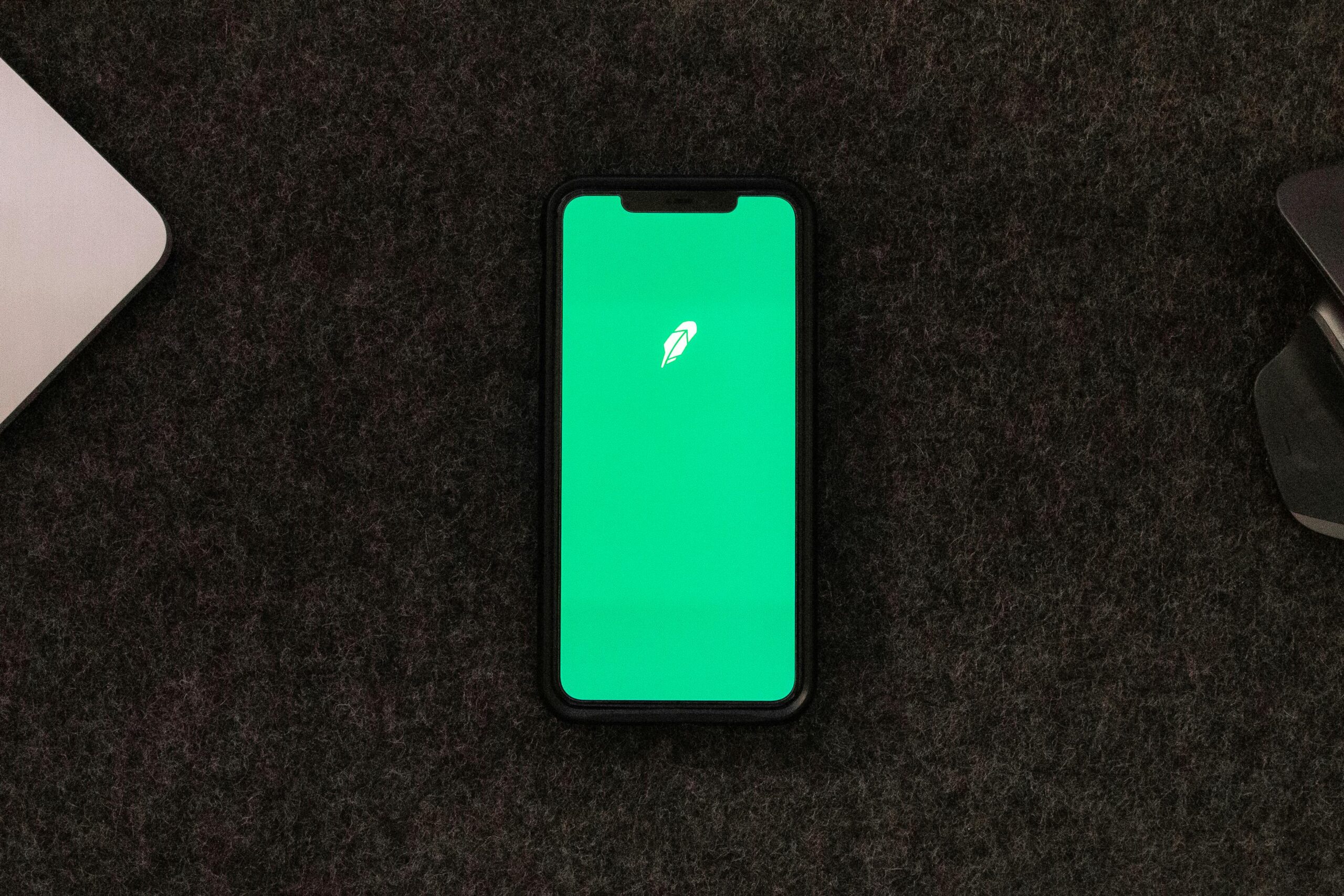
Amid swirling rumors of a service disruption, Robinhood has confirmed that its 24-hour trading platform remains fully functional. This statement comes in response to multiple reports suggesting otherwise.
Clarification Amidst Market Volatility
A spokesperson for Robinhood addressed the rumors directly, stating, “Our overnight trading session is currently operating,” during a discussion with Cointelegraph. The spokesperson, however, refrained from commenting on whether the platform had encountered any technical issues during recent market volatility.
Robinhood introduced its round-the-clock trading service in May 2023, enabling customers to trade from Sunday 12:00 am UTC to Friday 12:00 am UTC, thus allowing them to invest according to their own schedules.
Reports of Trading Suspension
Despite official statements, several users on social media platform X reported on August 5 that Robinhood had suspended its 24-hour trading service due to extreme market fluctuations.
Jesse Cohen, a global markets analyst at Investing.com, stated, “Robinhood has suspended 24-hour stock trading on its platform due to elevated volatility,” likening the market’s condition to significant past downturns in March 2020 and September 2008.
Additional reports from users like Rawsalerts suggested a complete suspension of all 24-hour trades “until further notice” due to the volatility.
The disruption is not unique to Robinhood; other major brokerages such as Charles Schwab, Fidelity, and Vanguard, among others, reportedly faced outages amid the market upheaval. This table outlines some of the affected platforms and their reported issues:
| Brokerage | Reported Issue |
|---|---|
| Charles Schwab | Outage amid market volatility |
| Fidelity | Service disruptions |
| Vanguard | Accessibility problems |
| TD Ameritrade | Trading interruptions |
| E-Trade | System outages |
| UPS | Operational delays |
| CenturyLink | Connectivity issues |
Ran Yi, co-founder of Orderly Network, pointed out the resilience of decentralized markets: “While centralized platforms retain the power to halt trading on a whim, they can’t prevent crypto traders from accessing onchain markets, which have continued to operate as intended during the market crash.”
The alleged trading halt coincided with a significant downturn in global stock markets. Japan’s Nikkei experienced its biggest drop since the 1987 Black Monday, plummeting by 12.4% amid recession fears. This was the steepest percentage decline since the infamous market crash of October 19, 1987.
The ripple effect was felt in the United States as well, with major stocks like Nvidia and Apple experiencing significant drops of 9%. The broader U.S. market saw over $1.93 trillion erased, as detailed by Fox Business, highlighting the severity of the sell-off.
The latest market downturn was triggered by disappointing job figures in the U.S., which stoked fears of an impending recession and led to speculations about potential emergency rate cuts. Despite these concerns, the U.S. Federal Reserve had decided against cutting interest rates in the previous week.
While Robinhood maintains that its 24-hour trading service is operational, the platform, like many others, remains susceptible to the whims of global market dynamics. As digital and traditional finance continue to intersect, the resilience and adaptability of platforms like Robinhood will be critical in managing customer expectations and investment strategies amid fluctuating market conditions.
Featured image credit: Andrew Neel via Pexels
Follow us for more breaking news on DMR
